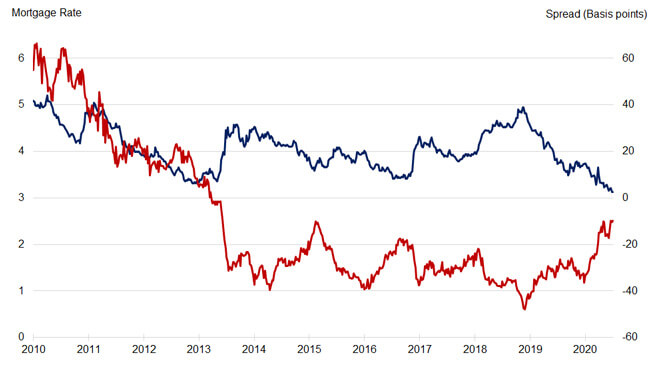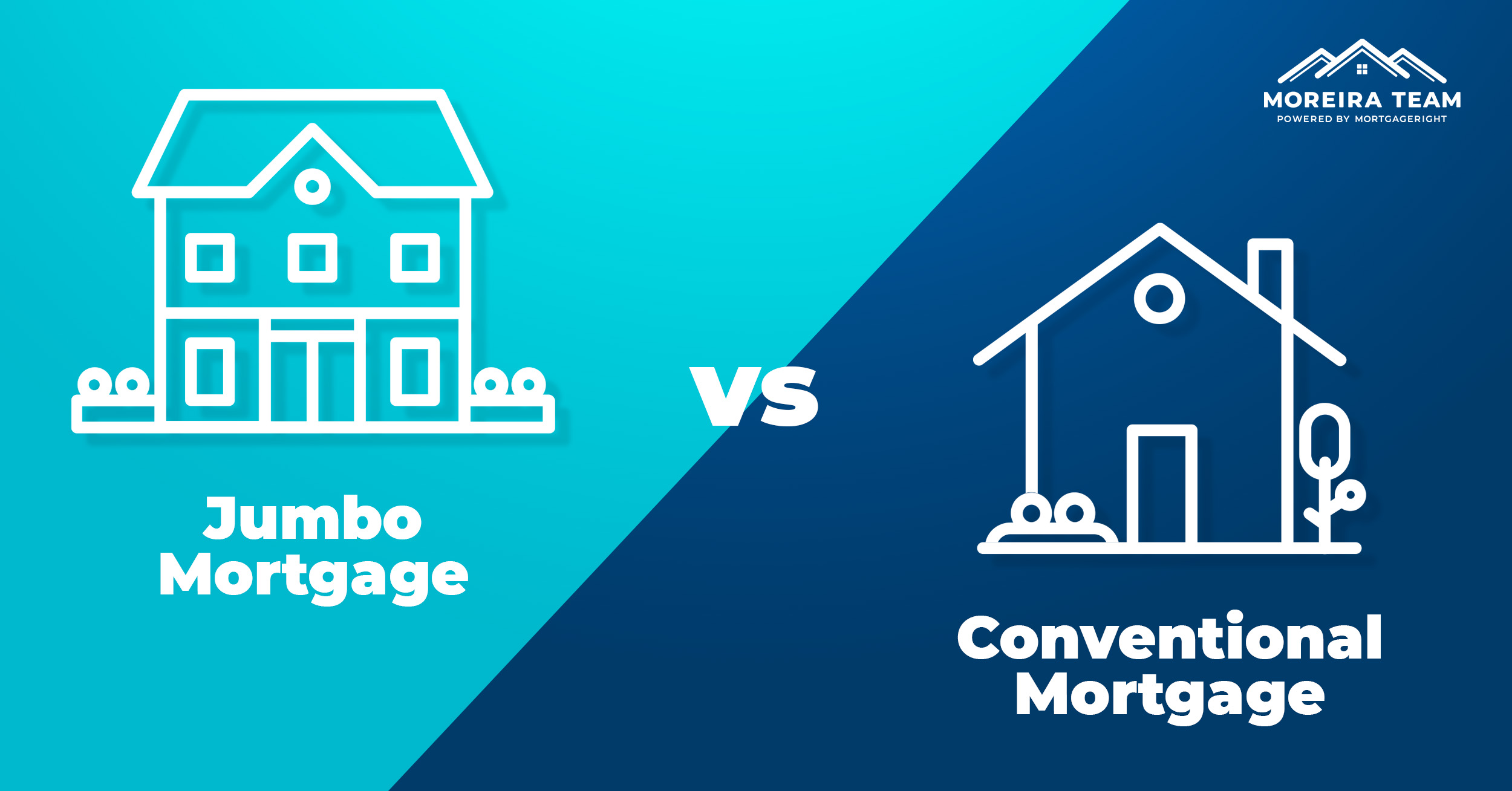Maximize Your Buying Power with a Jumbo Loan for High-End Homes
Maximize Your Buying Power with a Jumbo Loan for High-End Homes
Blog Article
Checking Out the Perks and Characteristics of Jumbo Loans for Your Next Home Acquisition Choice
As the real estate market develops, recognizing the ins and outs of jumbo lendings comes to be progressively essential for potential buyers considering high-value homes. These loans not just facilitate substantial financing yet also supply several advantages, such as affordable rates of interest and the prospective elimination of private mortgage insurance policy. Nevertheless, the course to safeguarding a jumbo lending is loaded with specific eligibility requirements that might test some customers. To totally appreciate exactly how big lendings can influence your home purchase method, it is important to explore their key attributes and benefits in higher detail.
What Is a Jumbo Financing?

Jumbo finances are often utilized by buyers seeking to buy high-value properties or homes in expensive markets. jumbo loan. Provided the bigger quantities borrowed, lending institutions normally enforce more stringent credit demands, including greater credit rating, reduced debt-to-income proportions, and larger down payments. The rate of interest on big car loans may be slightly more than those on adapting car loans, showing the enhanced threat for lenders
In addition, the authorization procedure for a big lending can be more lengthy and complicated, as lenders require considerable paperwork to examine the consumer's financial security. Understanding these nuances is necessary for prospective house owners taking into consideration a jumbo loan for their residential property funding needs.
Key Benefits of Jumbo Fundings
One substantial advantage of big loans is their capability to fund higher-priced homes that surpass adapting financing restrictions. This feature makes them an appealing option for customers wanting to acquire luxury homes or residential properties in high-cost locations where costs usually go beyond standard funding limits.
Furthermore, jumbo lendings frequently include flexible terms and competitive rate of interest, allowing customers to customize their funding to fit their unique financial circumstances. jumbo loan. This versatility can include choices for variable-rate mortgages (ARMs) or fixed-rate financings, supplying purchasers with the ability to handle their month-to-month payments according to their preferences
One more advantage is that jumbo fundings do not call for personal mortgage insurance coverage (PMI), which can significantly minimize the general cost of the loan. With PMI commonly being a substantial cost for standard finances with reduced down repayments, preventing it can bring about substantial savings gradually.
Additionally, consumers of jumbo lendings normally have accessibility to higher car loan quantities, allowing them to purchase residential properties that satisfy their way of living requires. This gain access to equips purchasers to act emphatically in affordable property markets, protecting their desired homes more properly. In general, big financings supply essential advantages for those seeking to finance costs residential or commercial properties.
Qualification Needs for Jumbo Financings
Jumbo finances come with specific eligibility demands that prospective customers need to satisfy to safeguard financing for high-value homes. Unlike conventional fundings, which have actually set limits based on the adhering loan limitations established by government-sponsored entities, big loans surpass these thresholds, requiring more stringent standards.

Furthermore, big loans usually require a substantial down payment, usually varying from 10% to 20% of the purchase price, depending on the loan provider's plans and the borrower's economic situation. Fulfilling these eligibility demands can position consumers favorably in protecting a jumbo funding for their preferred residential property.
Contrasting Jumbo Car Loans to Standard Finances
Comprehending the distinctions in between jumbo lendings and standard fundings is vital for buyers browsing the high-end realty market. Jumbo financings surpass the adapting loan limits set by the Federal Real Estate Financing Company (FHFA), which means they are not eligible for purchase by Fannie Mae or Freddie Mac. This leads to different underwriting requirements and needs for debtors.
On the other hand, standard fundings generally comply with these restrictions, permitting for a more streamlined authorization process. Big fundings typically need stricter credit report scores, bigger down settlements, and higher financial books. While a traditional lending may call for a down settlement of as little as 3% to 5%, jumbo car loans typically require a minimum of 10% to 20%.
Interest prices on jumbo fundings might differ from her explanation those of conventional car loans, often being slightly higher due to the raised threat lenders assume - jumbo loan. The potential for considerable financing can be advantageous for customers looking for deluxe residential properties. Inevitably, comprehending these distinctions makes it possible for homebuyers to make enlightened decisions, aligning their financing options with their special investing in needs and economic situations
Tips for Safeguarding a Jumbo Car Loan
Securing a big loan needs mindful preparation and prep work, as lending institutions often impose more stringent demands compared to traditional finances. To boost your possibilities of approval, start by checking your credit rating score browse around here and addressing any problems. A rating of 700 or greater is usually favored, as it shows creditworthiness.
Following, collect your economic documentation, including income tax return, W-2s, and financial institution statements. Lenders generally need thorough proof of revenue and assets to evaluate your capacity to pay back the car loan. Preserving a low debt-to-income (DTI) ratio is likewise essential; purpose for a DTI below 43% to improve your application's competition.
Furthermore, take into consideration making a larger down payment. Numerous lenders look for a minimum of 20% down for big finances, which not only reduces your lending amount but also signals financial security. Engaging with an experienced home mortgage broker can give vital insights right into the process and assist you navigate numerous lender alternatives.

Conclusion
In summary, big finances existing substantial advantages for homebuyers looking for homes that exceed conventional funding limitations. Comprehensive understanding of both the needs and benefits associated with jumbo finances is important for making educated home purchase decisions in an affordable genuine estate market.
The passion prices on big car loans may be a little higher than those on adhering loans, reflecting the raised threat for lenders.
While a traditional loan could need a down payment of as little as 3% to 5%, jumbo lendings typically require a minimum of 10% to 20%.
Interest prices on big fundings might differ from those of traditional fundings, often being a little greater due to the boosted threat loan providers think.Securing a jumbo lending calls for careful planning and prep work, as lending institutions often impose stricter demands contrasted to conventional finances. Lots of lenders seek at least 20% down for jumbo financings, which not only lowers your lending amount however additionally signals economic stability.
Report this page